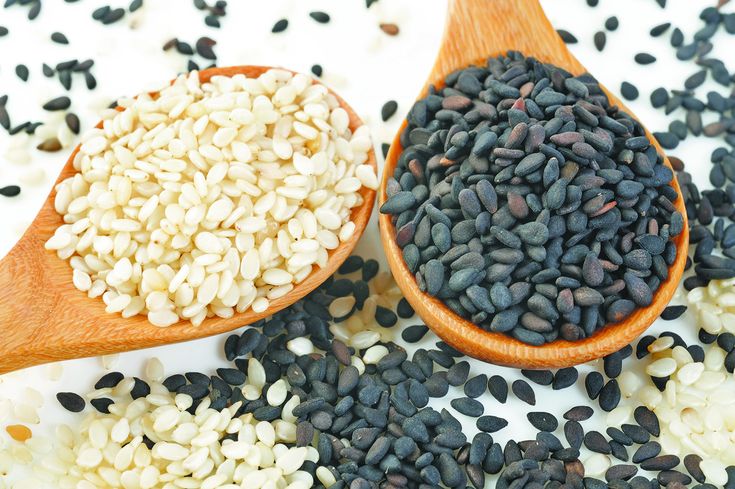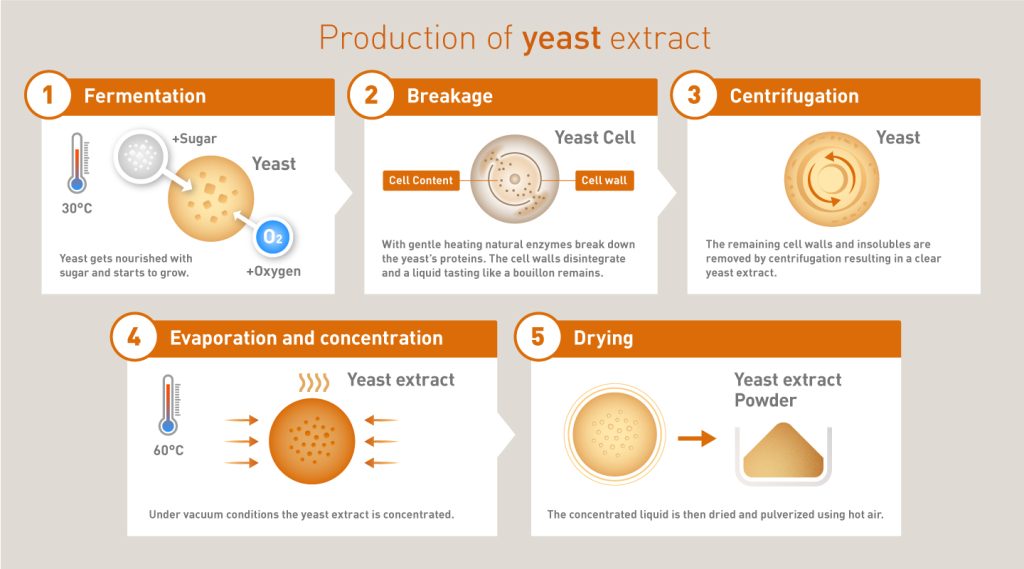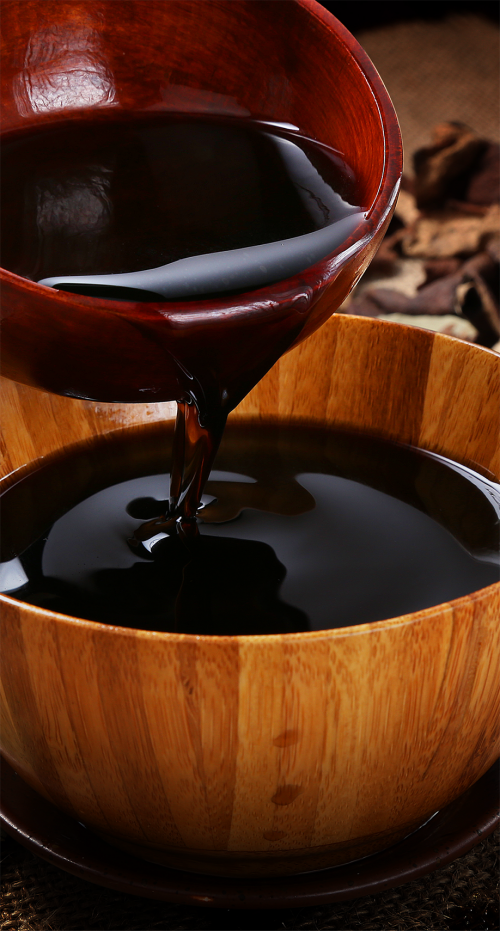“Superfood” trends often flood the culinary scene, but amidst the hype, one unsung hero stands out—sesame seeds. Beyond being a flavorful addition to various cuisines, these tiny seeds pack a nutritional punch that could elevate your overall well-being.

The Origins and Culinary Versatility
Sesame seeds, characterized by their tiny, flat, oval shape, have been a culinary staple for over 5,000 years. Historians trace their cultivation back to regions now known as Pakistan and India. Found in Asian, African, Latin American, and Mediterranean dishes, sesame seeds offer a plethora of culinary applications. From crafting creamy Tahini paste to extracting rich oils through toasting, their versatility knows no bounds.
Nutrient-Rich Composition
Liz Weinandy, MPH, RDN, lead dietitian at the Ohio State University Wexner Medical Center, emphasizes the nutrient density of sesame seeds. High in magnesium, vitamin E, iron, and calcium, these seeds also stand out as a good source of fiber and healthy fats. While sesame seeds may not be a protein powerhouse, with one tablespoon containing 1.6 grams, they contribute valuable plant-based protein to your diet.
Unveiling Health Benefits
Sesame seeds are more than just a flavor enhancer. Their health benefits extend to heart health, with compounds that may aid in lowering cholesterol and improving triglyceride levels. The lipid-rich profile of sesame seeds includes immune-boosting nutrients such as copper, zinc, selenium, and B vitamins. Notably, sesame seeds emerge as an excellent source of zinc crucial for the development of immune system cells.
Incorporating Sesame Seeds Wisely
Weinandy suggests that while sesame seeds boast nutritional prowess, reaping their benefits requires regular consumption. The key lies in incorporating them into a balanced diet. Whether sprinkled on salads or blended into hummus, combining sesame seeds with other healthy foods enhances their impact. However, it’s essential to consider individual dietary needs, consulting a healthcare professional before making significant changes.
Allergies and Caution
As with any food, sesame seeds may trigger allergies, with the FDA acknowledging sesame as the ninth most common food allergy in the U.S. It’s crucial to be mindful of ingredient lists and potential allergic reactions.
Reference
- Real Food Encyclopedia
- Good Morning America
- U.S. Department of Agriculture
- Ohio State University Wexner Medical Center
- Food and Drug Administration



